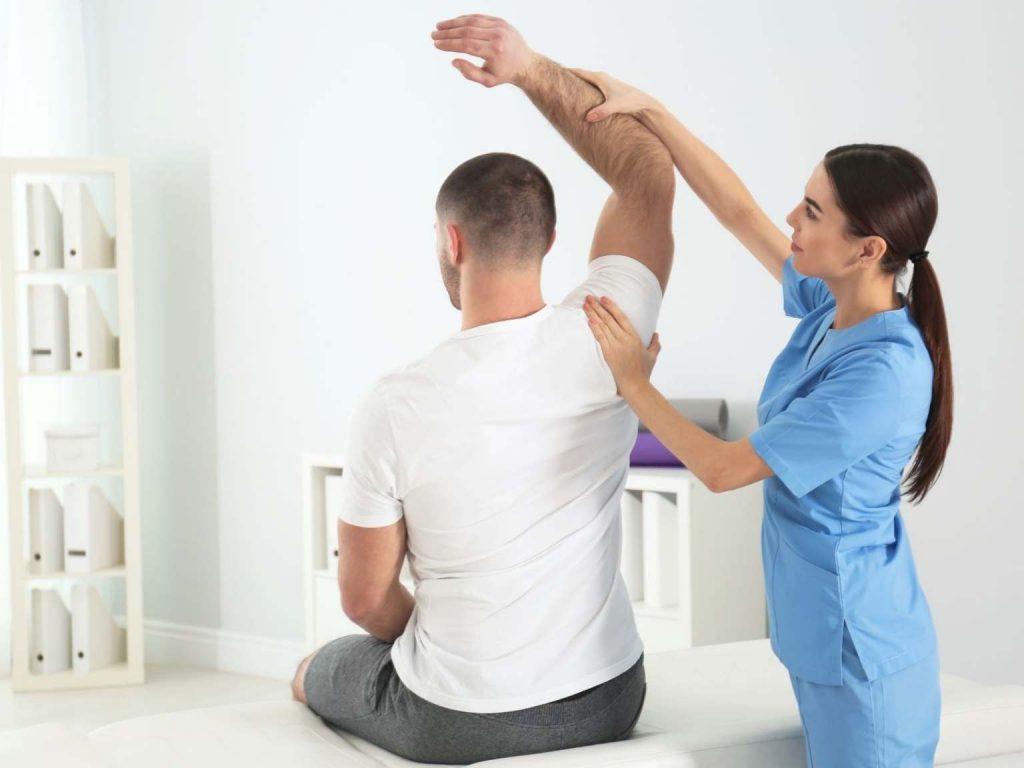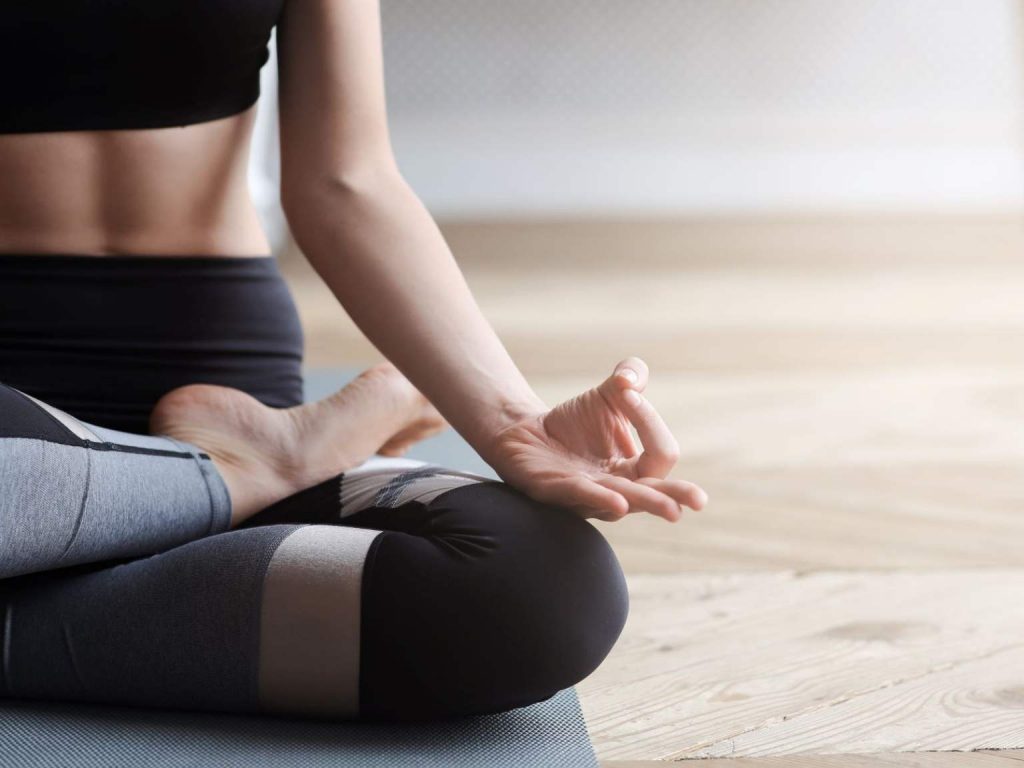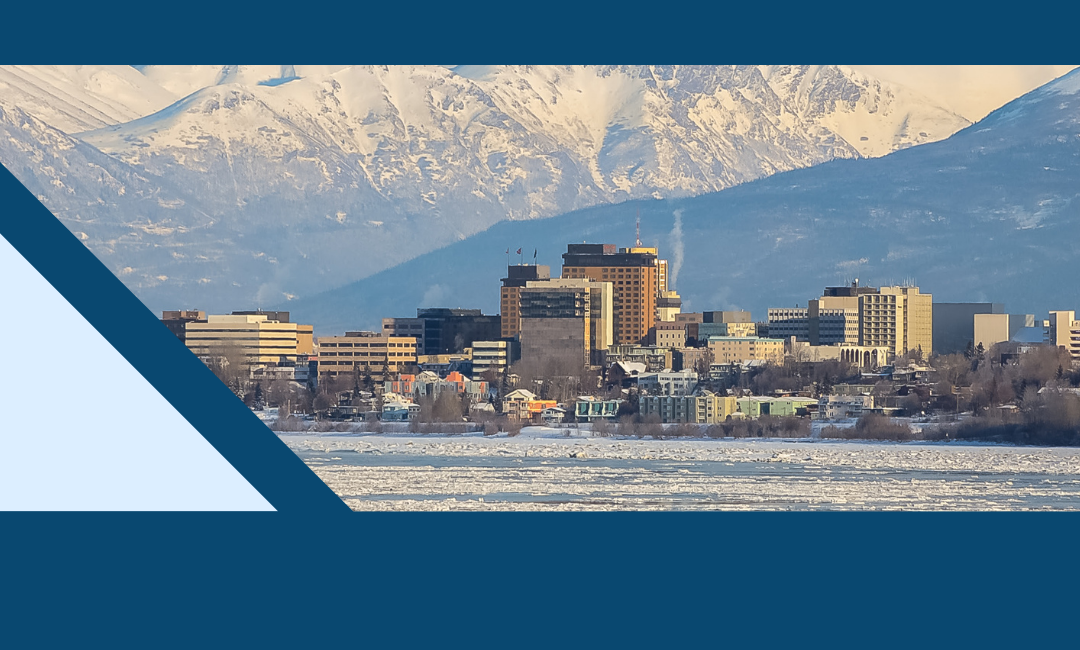What is Holistic Care in Nursing?
Holistic care in nursing is a newer specialty that is categorized as a form of complementary and alternative medicine (CAM) and is defined by the American Holistic Nurses’ Association as, “all nursing practice that has healing the whole person as its goal.“
Although Florence Nightingale, the founder of modern nursing, was the first to practice holistic care and believed that a patient’s environment had an impact on their overall health, the American Nurses Association (ANA) did not declare it a specialty until 2006.
Despite it being new to the world of nursing, a recently published Alternative and Complementary Therapies journal projects that the Holistic Care specialty will grow 20% by 2022, and it doesn’t seem to be stopping there!
When used in conjunction with traditional evidence-based practice, holistic care in nursing can transform the quality of care and experience for your patients. You, as the nurse, must be the advocate for your patient when providing holistic care by considering their body, mind, spirit, culture, socioeconomic background, and environment.
Imagine holistic care in nursing as a form of seeing the bigger picture, rather than just a patient displaying symptoms that can be healed with medication.

Who are Holistic Nurses? What Do They Do?
A holistic nurse is a board-certified RN who utilizes their expertise, theories, and intuition to recognize and care for a patient within the scope and standards of their practice and the Holistic Nursing specialty.
Holistic nurses mostly use alternative medicine to treat patients, and in some cases, they can also practice forms of CAM. To get a better understanding, check out some examples of what holistic care in nursing might look like below:
Examples of Holistic Nursing Practice
- Acupuncture
- Aromatherapy
- Eastern Medicine
- Hydrotherapy
- Hypnosis
- Massage
- Wellness Coaching
Some of these examples might appear quite familiar to you, and that’s not a coincidence! A study from a reliable online resource for up-to-date health information, Verywell Health, determined that roughly 36% of adults in the U.S. use or are open to practicing some form of CAM, which is a wonderful opportunity for holistic care in nursing!
I‘m sure at this point you’re thinking, “This is all sounds promising, but we still need traditional practices, right?”
You’re absolutely right! The Holistic Nursing specialty is not meant to replace traditional or modern medicine techniques, it simply offers a different approach that may be more inviting to some patients. Let’s break it down some more.







